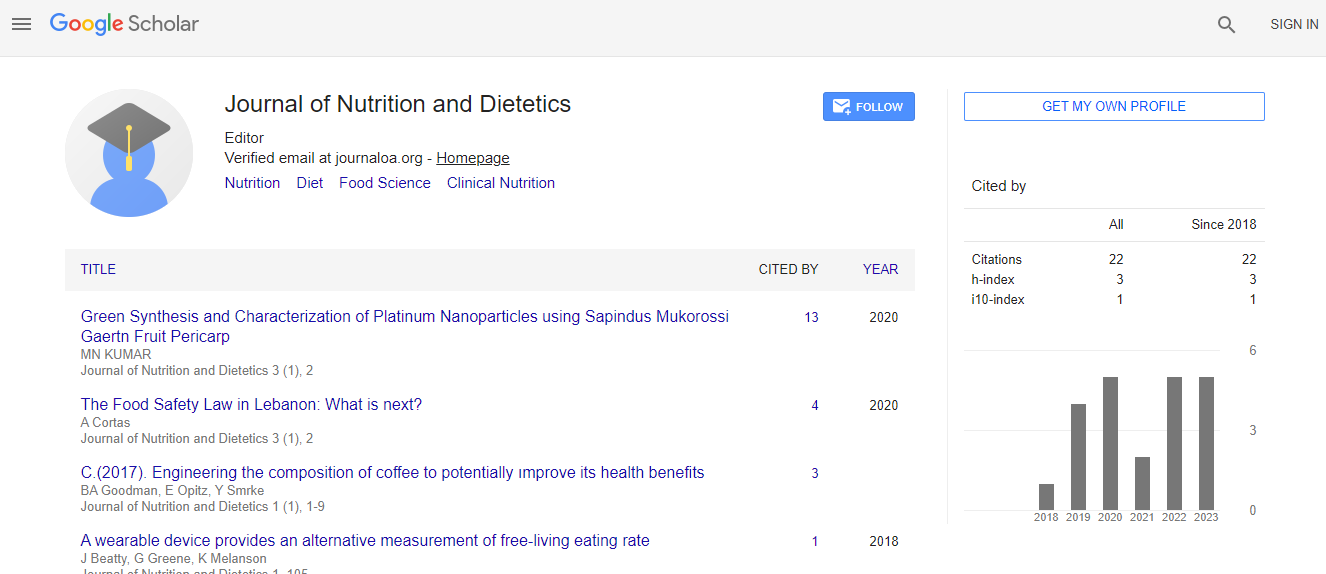Formulation of Value Added Yogurt Prepared With Kodo Millet Milk
*Corresponding Author(s): Preeti Kumari, Department of Clinical Nutrition and Dietetics, Periyar University, Salem, Tamil Nadu, India, Email: preeti666k@gmail.com P Nazni, Department of Clinical Nutrition and Dietetics, Periyar University, Salem, Tamil Nadu, India
Citation: © 2021 Preeti kumari. This is an open-access article distributed under the terms of the Creative Commons Attribution License, which permits unrestricted use, distribution, and reproduction in any medium, provided the original author and source are credited.
Copyright: © 2021 . This is an open-access article distributed under the terms of the Creative Commons Attribution License, which permits unrestricted use, distribution, and reproduction in any medium, provided the original author and source are credited.
Abstract
Yogurt is a food produced by bacterial fermentation of milk. The bacteria used to make yogurt are known as "yogurt cultures". Fermentation of lactose by these bacteria produces lactic acid, which acts on milk protein to give yogurt its texture and characteristic tart flavour. The following product development was done with addition of kodo millet into cow’s milk for the formulation of yogurt to enhanced nutritional value and the bacterial count of the product. Yogurt acts as a probiotic carrier food that is considered as an easy food to incorporate probiotics which maintains gut micro–biome. Kodo millet, (Paspalum scrobiculatum) one of the ancient grains of the world, originated from Africa and domesticated in India few thousand years ago is a draught resistant plant. Millets have various health benefits and are used as nutraceuticals as they are rich in antioxidants much higher than the major cereal crops. They are reportedly beneficial in curing asthma, migraine, blood pressure, diabetic heart disease, atherosclerosis and heart attack. Also kodo millet is a nutritious grain and a good substitute to rice or wheat. The protein, fiber and mineral content are much higher than the major cereals like rice. Hence incorporation of kodo millet increases the nutritional value of plain yogurt.

